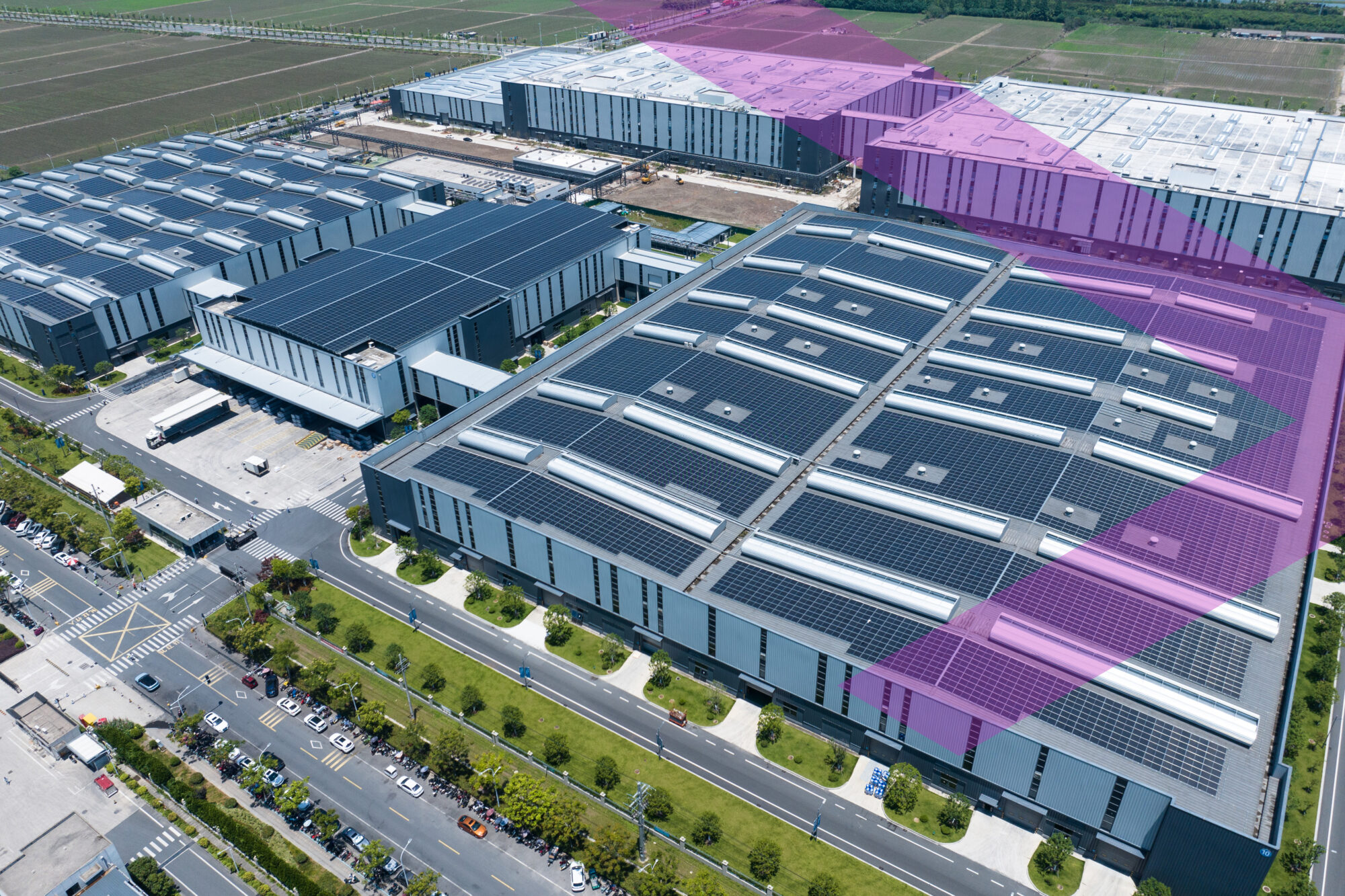New Report - Foresighting Future Skills for EV and Transport Applications
WMG at the University of Warwick and the Workforce Foresighting Hub have published a new report on Manufacturing Lithium-Ion Cells for Transport Applications in Large-scale Gigafactories.

What is the industry challenge and how do we prepare for the future?
By 2040, the UK will need nearly 200GWh of battery manufacturing capacity to support the planned shift to electric vehicles (EVs). This will require up to 10 gigafactories and their supply chains, creating 35,000 roles within the factories themselves and an additional 65,000 roles in the supply chains. Currently, UK battery manufacturing is limited, meeting only 9% of the projected need by 2040. Investment from Agratas is expected to cover an additional 20%, leaving a significant gap.
To bridge this gap, it’s crucial to develop organisational capabilities through role identification, training specification, and intervention delivery. This ensures a trained workforce and reassures investors that training systems can meet their needs.
The Importance of Foresighting
Foresighting into battery manufacturing requirements began in 2021, supporting the development of the Battery Skills Framework and re-skill/up-skill interventions. This work demonstrated the value of foresighting for technology and translating intelligence into actionable interventions.
With Agratas’ investment in a UK-based gigafactory, revisiting earlier foresighting work is essential. Applying the rigorous approach developed by the Workforce Foresighting Hub ensures the most up-to-date understanding of capability needs as investment increases.
Foresighting Cycles
In partnership with WMG at the University of Warwick, the Workforce Foresighting Hub have facilitated the first of three new cycles in this area. The report for Cycle 1: Manufacturing Lithium-Ion Cells for Transport Applications in Large-scale Gigafactories, is now available.
Upcoming Cycles:
- Cycle 2: Assembly of Lithium-Ion Battery Modules and Packs for Transport Applications.
- Cycle 3: Battery Recycling, with the UK projected to recycle or repurpose 148,000 tonnes of automotive batteries annually by 2035.
Who was involved?
This cycle was sponsored by the UK Battery Industrialisation Centre (UKBIC), demonstrating significant government investment in the sector. Other stakeholders include government bodies, battery and vehicle manufacturers, educational institutions, professional bodies, recycling companies and supply chain partners.
What are the key highlights from the report?
The analysis highlights a shift in workforce requirements since 2021, emphasising data engagement and sustainability across all Future Occupational Profiles (FOPs). Logistics’ critical role is also underscored, articulating the capabilities beneficial for a regulatory body.
The findings demonstrate a need for a trained workforce in operator, technician, and first-line management roles, supporting the development of the Battery Manufacturing Technician Level 3 apprenticeship. This ensures the provision is future-proof and meets industry needs.
What are the recommended next steps?
Review and Dissemination of Findings:
- Collaborate with the Electrification Skills Network (ESN) to share findings at the ESN National Forum.
- Organise policy briefings to integrate findings into government skills inquiries and promote the report to stakeholders like the Auto-Council Skills Working Group.
Short-term Actions:
- Review and update existing short course provisions based on new insights, especially for battery manufacturing.
- Make amended short course programmes available and ensure providers are informed and trained.
- Conduct an immediate review of logistics training and standards to address mismatches.
Mid-term Actions:
- Engage with trailblazer groups through ESN to update standards based on report findings.
- Collaborate with Awarding Organisations (AOs) to integrate findings into qualifications.
- Work with Higher Education (HE) institutions to develop qualifications, particularly for degree-level apprenticeships in battery manufacturing.
General Actions for Educators & Employers:
- Educators should collaborate with employers and policymakers to address gaps in provision and support the review of standards.
- Employers should actively participate in designing and delivering training interventions to ensure a qualified workforce.
Further Foresighting Subjects:
- Propose future cycles focusing on module and pack assembly, battery recycling and electrode manufacturing.
By addressing these recommendations and actions, the UK can ensure a skilled workforce ready to meet the demands of the growing EV and transport applications sector.
Related programmes

Workforce Foresighting
How do we build a skilled workforce for tomorrow’s industries? The Workforce Foresighting Hub has developed a structured process, aligned with national policy, to help deliver a workforce to exploit innovative technologies in the UK. We’re supporting industry, policymakers and educators to adapt to continuing change.

Cross-Sector Battery Systems Innovation Network
The Cross-Sector Battery Systems Innovation Network, funded by Innovate UK, is a cross-sectoral and collaborative community of technology developers and end-users.

